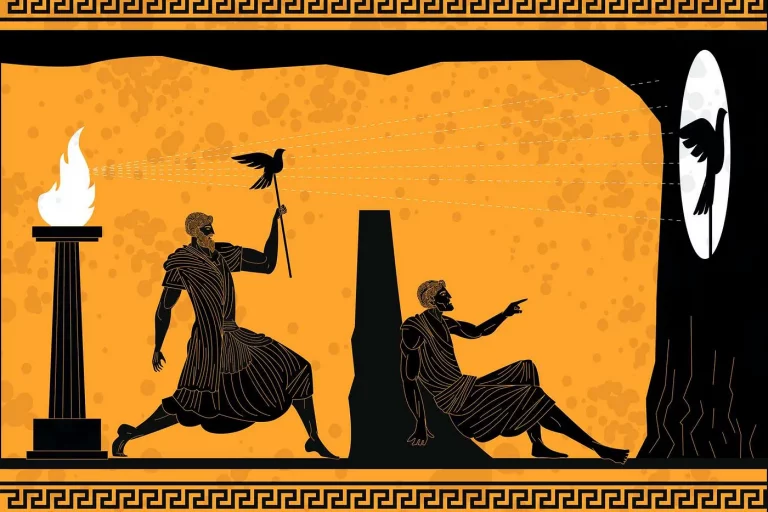Games and user experience
Dream machines, Wired (guest editor: Will Wright)
“… the gamers’ mindset – the fact that they are learning in a totally new way – means they’ll treat the world as a place for creation, not consumption. This is the true impact videogames will have on our culture.â€
Putting the fun in functional (by Amy Jo Kim, creative director, ShuffleBrain)
Games are designed to be fun and engaging, and whenever you can make any system or application more fun you’ll likely improve the user experience and get them using the system more regularly and for longer times.
Clues to the future: what the users of tomorrow are teaching us today (by Andrew Hinton)
Designing a game overlaps heavily with designing information spaces and thus there is much IAs can learn from game design. For example, game sites assume multitasking and are ok with complex interfaces. Games assume you will learn by doing.
Casual games = social software (by Duncan Gough)
This passive interaction is key to the gameplay, it’s almost not designed to be addictive, rather, it’s designed to be hard to give up (a thin difference, I admit). How does passive interaction show itself in proper social software? Metadata.
Creating passionate users
At SxSW2006 Kathy Sierra talked about bringing the principles behind good game design to software design.
Game changing: how you can transform client mindsets through play
Jess McMullin’s presentation at IA Summit 2006 presented some ideas for building strategic rapport with clients by utilizing the underlying principles of game play.




